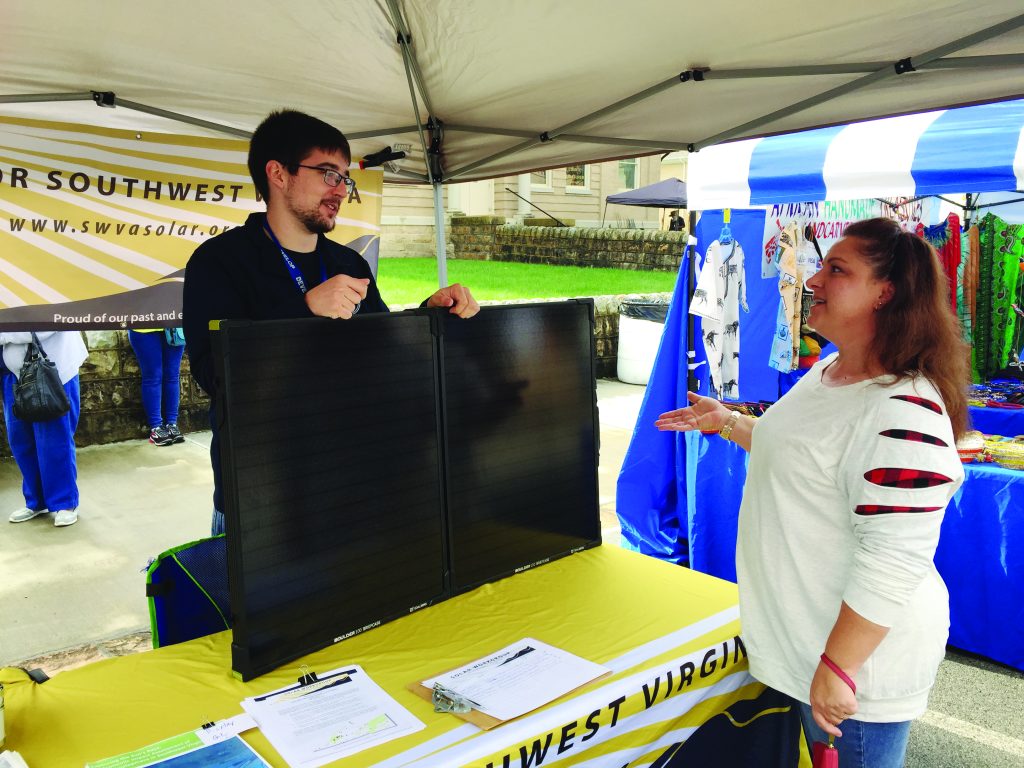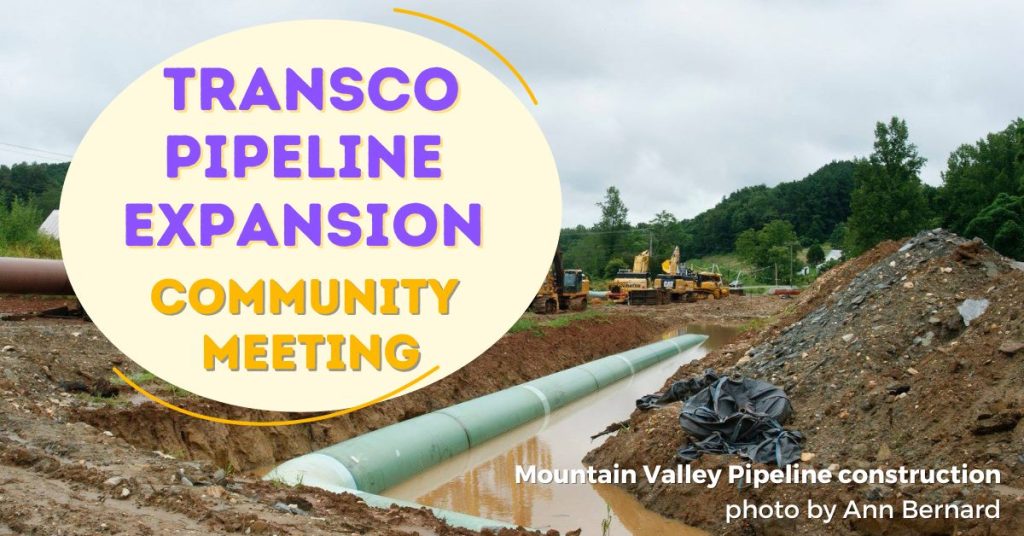Community groups praise Beyer bill to ensure timely coal mine cleanup
FOR IMMEDIATE RELEASE
April 19, 2024
CONTACT
Chelsea Barnes, (614) 205-6424, chelsea@appvoices.org
NORTON, Va. — Communities across Central Appalachia and beyond welcome a bill introduced yesterday by U.S. Rep. Don Beyer, D-Va.. The bill includes specific requirements for how quickly coal mine reclamation must be completed following coal removal.
While the 1977 Surface Mining Control and Reclamation Act requires that reclamation happen “as contemporaneously as practicable” alongside mining, it does not include measurable standards, making enforcement of the requirement difficult. Beyer’s bill would also limit the length of time a mine operator can suspend mining and reclamation activities and the conditions under which such a suspension is allowable. In addition, the bill would institute additional requirements for assessing stream health during mining and reclamation and for assessing the impacts of large rain events on stormwater control structures.
“While it is clear that Congress intended to require that surface coal mines be reclaimed relatively quickly, that is not the reality on the ground now,” said Erin Savage, Senior Program Manager with Appalachian Voices. “Because contemporaneous reclamation requirements are not well defined in SMCRA, coal companies regularly idle mines and avoid reclamation, with little recourse for regulators. Unreclaimed mines are not only hazardous to nearby communities, but they also prevent the land from being put into other productive use.”
The bill would create legislative protections for waterways and reinstate requirements for timely reclamation that were suspended in 1992. Under the Obama administration, the Stream Protection Rule attempted to improve reclamation requirements to better protect waterways and restore vegetation; however, the rule was ultimately removed through the Congressional Review Act in 2017. This left mining communities without a national standard for timely reclamation.
“The timely reclamation of coal mines creates jobs for local workers, a safer environment for local communities and opens up our land for new economic opportunities once reclamation is complete,” said Dana Kuhnline, Program Director with ReImagine Appalachia. “These improved standards are essential to the economic and environmental health of the region.”
“This bill is long overdue,” said Ben Nuvamsa, Founder and President of Kiva Institute, LLC. “The federal government should already have such a standard in place. Consider our lands on Black Mesa (Kayenta Mine & Black Mesa Mines) with Peabody Western Coal Company mining over half a century causing massive surface and subsurface damage to our “trust lands,” and over-pumping the Navajo Aquifer. Reclamation has been far too slow, and the remains and funerary objects of our ancestors have not been repatriated. The over-pumping of the Navajo Aquifer caused permanent, irreparable damage to our underground water sources and our sacred springs that we use for our annual ceremonies but sadly, our federal trustee, the Department of the Interior, has yet to address the permanent and lasting impacts.
“Our water resources are precious, and too many of them have already been affected by mining,” said Rebecca Shelton, Director of Policy at Appalachian Citizens’ Law Center. “This bill would strengthen surface- and groundwater monitoring requirements to help ensure that coal operators are held accountable for any negative hydrologic impacts.”
“Coal companies often cite ‘temporary market conditions’ when placing mines in idled status, even though it is now clear that many of these mines will never resume coal production,” said Chelsea Barnes, Director of Government Affairs with Appalachian Voices. “This bill will help to close loopholes coal companies use to avoid reclamation responsibility but will still allow for exceptions when mines idle and ramp back up in response to changing market conditions.”



